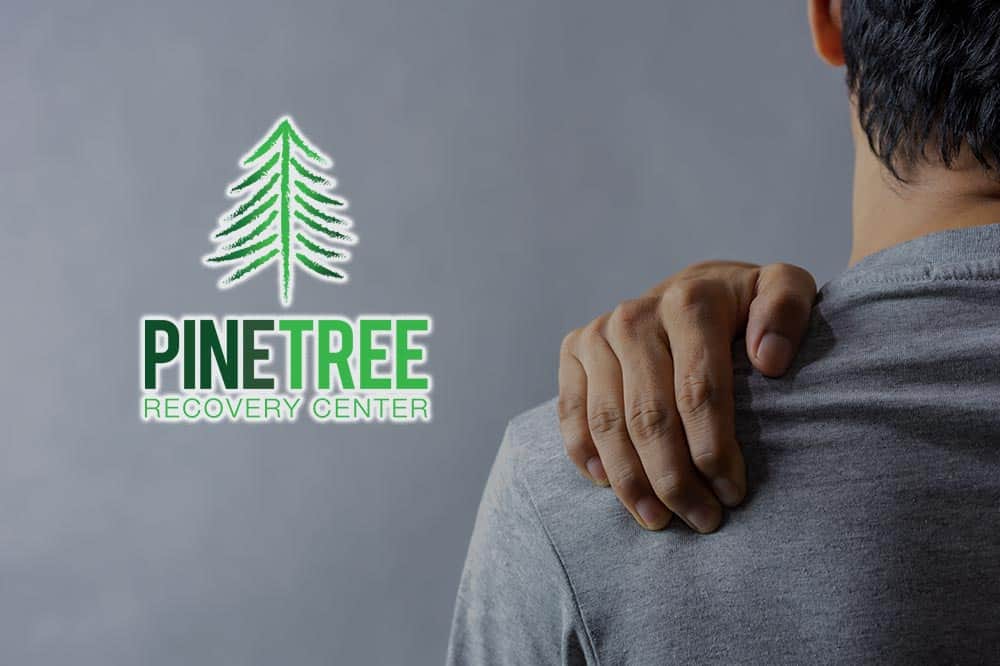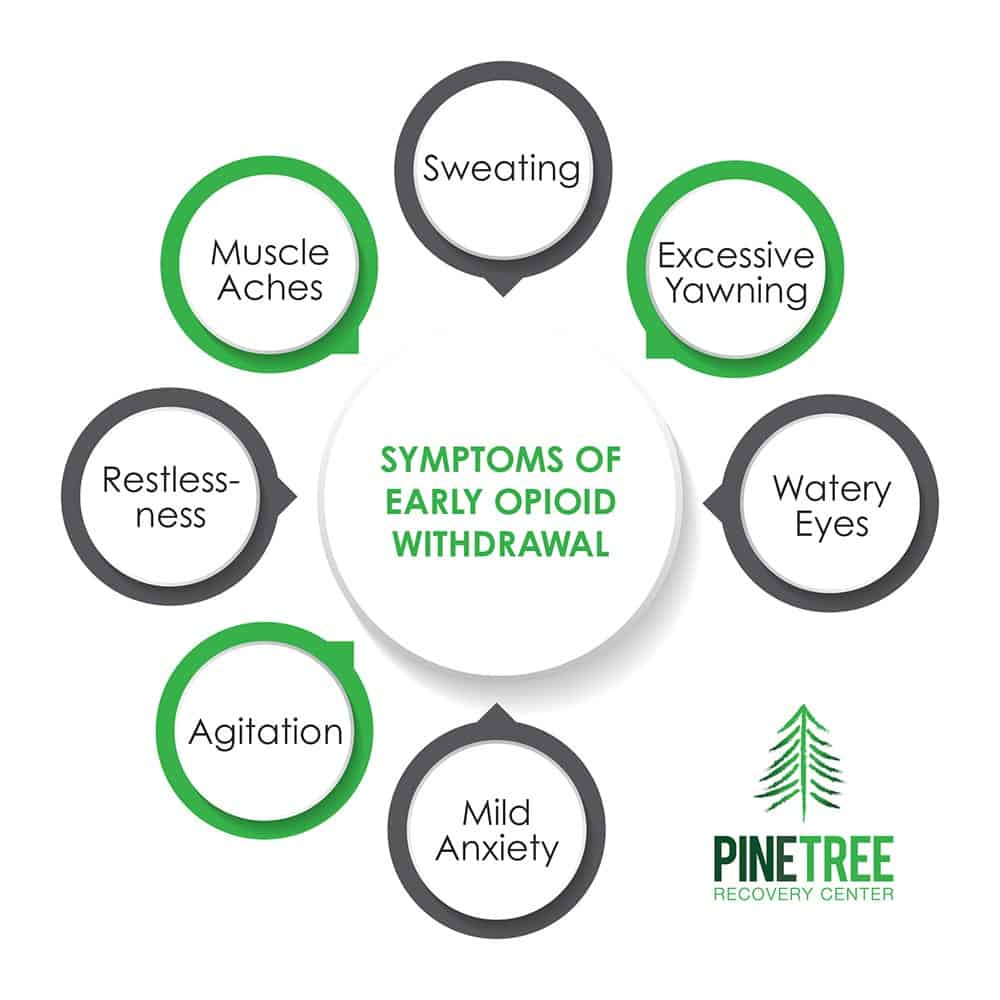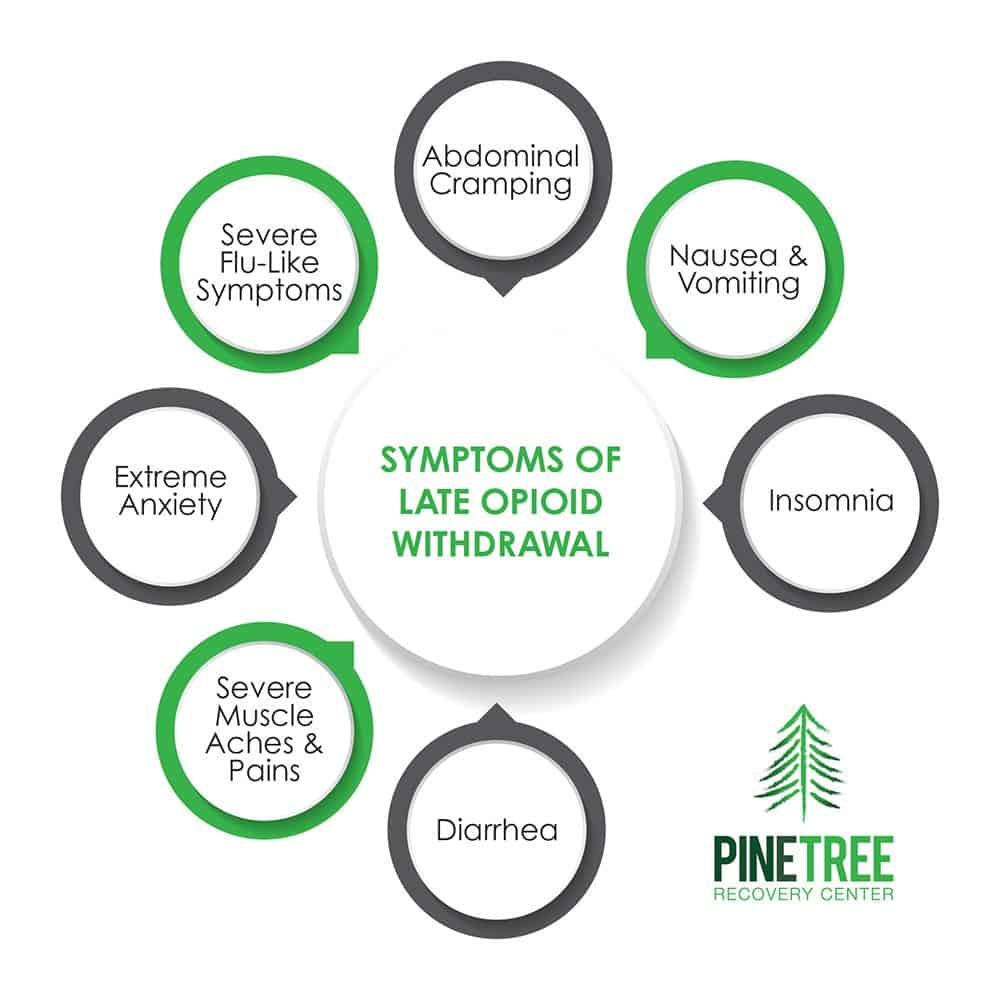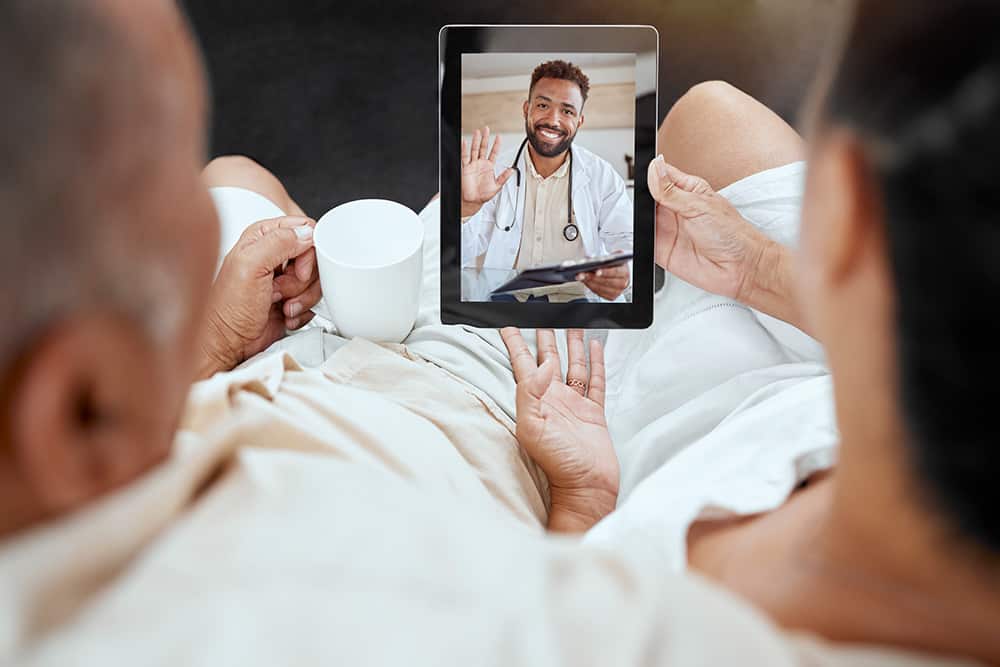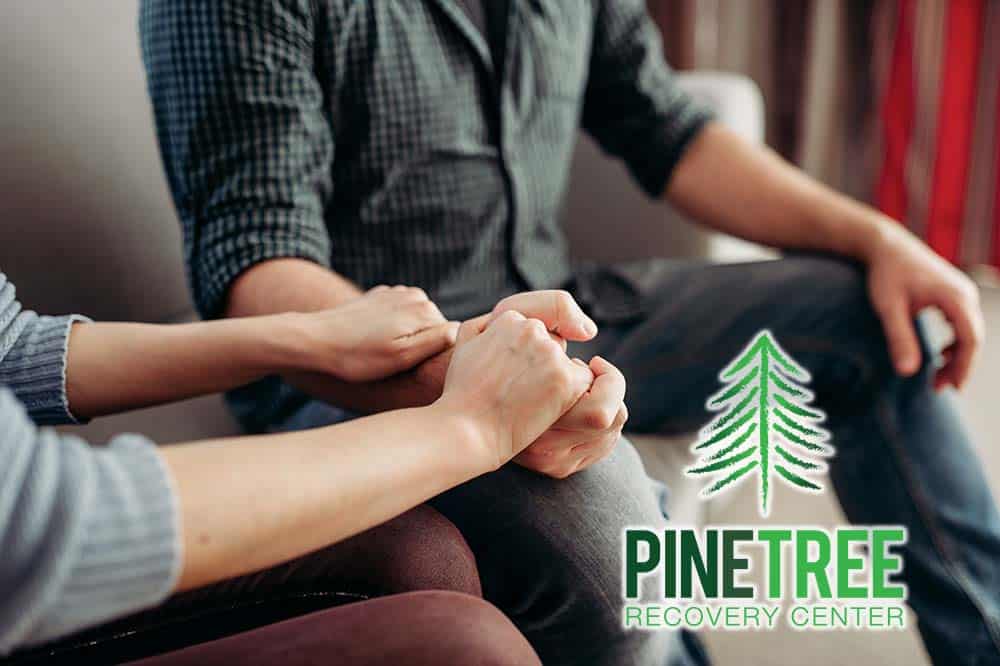Addiction Treatment Options
Opioid Dependence & Recovery
Opioid Dependence & Recovery
In the mid-1990s, major pharmaceutical companies developed prescription painkillers like hydrocodone and oxycodone and began pitching them to medical professionals across the country. They marketed these medications as safe and non-addictive solutions for pain-related issues of all types and severities. However, it was soon discovered that these medications were both habit-forming and unsafe to use for longer than several weeks at a time. People who were initially prescribed these medications for legitimate medical reasons soon developed physical and psychological dependencies, and when state and national government officials cracked down on distribution, many people began purchasing painkillers directly from drug dealers or switching to heroin. Heroin is an illegal opioid narcotic which produces similar effects. To this day, thousands of people across the country struggle with prescription painkiller addiction. Some were initially prescribed the medication for a legitimate purpose, others stole the medication from a friend or relative or purchased it on the streets. Whatever the case may be, Pine Tree Recovery Center is available to help with drug addiction treatment. We offer an integrated program of painkiller addiction recovery which includes a short stay in our inpatient detox center. To learn more about hydrocodone, oxycodone and what steps you can take to overcome painkiller addiction, contact us today.
Why are Opioids Prescribed?
Opioids like hydrocodone and oxycodone are most commonly prescribed to treat moderate to severe pain. In some cases, opioids can be prescribed to treat other severe symptoms like persistent and uncontrollable coughing or severe diarrhea (opioids cause constipation). Prescription opioids are typically safe to use when they are used exactly as prescribed by a doctor. However, medications like hydrocodone and oxycodone have a particularly high potential for misuse. A person who misuses an opioid medication might:
- Taking medication which was not initially prescribed to you.
- Taking medication in a higher dose than was prescribed.
- Using the medication in a way other than prescribed (for example, being prescribed a tablet to take orally, and instead crushing it and snorting it or dissolving it and injecting it).
- Taking the medication with an intent to “get high” rather than treat a legitimate medical issue.
If you were prescribed an opioid painkiller and you have been taking the medication other than as prescribed, or if you have started taking a medication which was not prescribed to you, it is a good idea to reach out for help. Contact Pine Tree Recovery Center today to learn more.
We Are Here For You
What is Hydrocodone?
Hydrocodone is an opioid medication used to treat severe pain. According to the U.S. National Library of Medicine, “Hydrocodone is only used to treat people who are expected to need medication to relieve severe pain around-the-clock for a long time and who cannot be treated with other medications or treatments. Hydrocodone extended-release (long-acting) capsules or extended-release tablets should not be used to treat pain that can be controlled by medication that is taken as needed. Hydrocodone is in a class of medications called opiate (narcotic) analgesics.”
What is Oxycodone?
Oxycodone is an opioid medication used to treat moderate or severe pain. The U.S. National Library of Medicine states, “Oxycodone extended-release tablets and extended-release capsules are used to relieve severe pain in people who are expected to need pain medication around the clock for a long time and who cannot be treated with other medications. Oxycodone extended-release tablets and extended-release capsules should not be used to treat pain that can be controlled by medication that is taken as needed. Oxycodone extended-release tablets, extended-release capsules, and concentrated solution should only be used to treat people who are tolerant (used to the effects of the medication) to opioid medications because they have taken this type of medication for at least one week. Oxycodone is in a class of medications called opiate (narcotic) analgesics.”
Both hydrocodone and oxycodone work by changing the way the brain responds to pain. Painkillers bind to and activate opioid receptors in the brain, the spinal cord and several other parts of the body. They block pain signals sent to the brain while simultaneously releasing large amounts of dopamine, a “feel good” chemical. This leads to an intense rush of euphoria — a feeling that can be addictive in and of itself.
Is Oxycodone More Addictive than Hydrocodone?
Both oxycodone and hydrocodone are potent, powerful and frequently misused. Tolerance develops rather quickly in the case of both medications, meaning after several weeks of taking the same dose, the effects are no longer felt. But is one of these two medications more addictive than the other? In short, both drugs can be equally addictive. The main difference between the two medications lies in their common side effects. For example, hydrocodone is more likely to cause nausea, constipation and stomach pain. Oxycodone is more likely to cause dizziness, drowsiness and fatigue.
Our Opioid Detox Services Include
What is Opioid Use Disorder?
Because opioid medications produce high levels of positive reinforcement, there is a chance a person will continue taking the medication despite negative consequences. The American Psychiatric Association states, “Opioid use disorder is a chronic lifelong disorder, with serious potential consequences including disability, relapses, and death.” The Diagnostic and Statistical Manual of Mental Disorders, Fifth Edition (DSM-5) suggests that two of the following criteria must be met within a 12-month time period in order for an opioid use disorder to be officially diagnosed:
- Taking the drug in larger amounts than intended for a longer period of time than intended.
- Attempting to cut down on prescription opioid use but being unable to do so.
- Spending a great deal of time obtaining opioids, using opioids or recovering from using.
- Experiencing strong drug cravings.
- Problems fulfilling personal obligations and taking care of responsibilities.
- Continuing to use opioid medications despite related problems.
- Neglecting activities which were previously enjoyed.
- An increase in risk-taking behaviors directly linked to opioid use.
- Continuing to use opioids despite worsening physical and psychological symptoms directly related to opioid use.
- Experiencing withdrawal symptoms when opioid use is stopped suddenly.
- Developing a physical tolerance over time, meaning a higher dose is required in order for the desired effects to be achieved.
What to Do if You Build an Opioid Tolerance?
Over time and with continued hydrocodone or oxycodone use, your body will begin to adjust and adapt to the presence of the medication. Your body and brain will undergo physiological changes, and over time a higher dose will be required in order for the medication to produce the desired effects. Tolerance builds quickly in hydrocodone and oxycodone users, which is why both medications are generally used in the short-term. If you start to develop a physical tolerance, consult your prescribing physician immediately. Never increase the dose of any medication on your own. Increasing the dose of a prescription opioid without doctor approval can easily lead to dependence.
Are Prescription Opioids Safe?
Prescription opioids are generally safe to use if they are prescribed by a doctor and taken for a short period of time. However, even if an opioid painkiller is taken exactly as prescribed, there is still a chance of developing a physical and psychological dependence on the medication. It is never a good idea to take a prescription opioid if you have a personal history with substance misuse, or if you are at particularly high risk of developing a substance use disorder.
Ready To Begin Your Opioid Detox?
We Offer A Safe & Effective Program
Don’t let Opioid addiction control your life.
Call us today and let’s get you started on the path to a better you.
How to Wean Yourself Off Opioids
When it comes to avoiding the more severe symptoms of opioid withdrawal, tapering is often effective. When a person tapers off of a drug their dose is slowly reduced over time, so the body and brain can adjust without going into shock. It is important that you never attempt to wean yourself off of opioids. An experienced medical professional will guide you through the tapering process as you undergo a safe and pain-free opioid withdrawal in a designated detox facility.
Prescription Opioid Withdrawal
Prescription opioid withdrawal should never be attempted without professional help. Not only are the physical and psychological symptoms severe when left untreated, but associated drug cravings can be so intense a person typically returns to opioid use before the detox process concludes. At Pine Tree Recovery Center we utilize a range of evidence-based detox methods to provide our clients with a safe and pain-free prescription opioid withdrawal.
Common Symptoms of Hydrocodone and Oxycodone Withdrawal Include:
- Extreme anxiety and depression – these symptoms will typically need to be treated with antipsychotic medications for at least a short period of time (for example, the duration of inpatient treatment)
- Sleeplessness, persistent nightmares and cold sweats
- Muscle pain and muscle weakness
- Bone and joint pain, which is typically treated with non-narcotic pain medications like ibuprofen and acetaminophen
- Low-grade fever and chills
- Body tremors
- Symptoms that closely resemble the symptoms of a severe cold or flu, like runny nose, watery eyes, night sweats and stomach cramping
- Heart palpitations and other cardiovascular issues
- General feelings of discomfort
Getting Help with Hydrocodone and Oxycodone Addiction
At Pine Tree Recovery Center we believe in a whole person approach to recovery, restoring mental and emotional well-being along with physical health. Because drug cravings can be so overpowering in early sobriety and during the prescription opioid withdrawal process, we recommend an inpatient medical detox program combined with a higher level of clinical care. While helping our clients work towards physical stabilization as they undergo a safe and pain-free withdrawal, we provide them with intensive behavioral therapy, holistic approaches to recovery and a range of addiction services including case management services and aftercare planning. We are much more than a medical detox center. At Pine Tree Recovery Center, we are dedicated to setting each individual client up for lasting success in sobriety. Following detox, many individuals will transfer into our intensive outpatient program.
Begin Healing Now!
Have A Call With One Of Our Treatment Advisors
Don’t Suffer Any Longer
Contact Us Today to Get Started
Coming to terms with a substance use disorder and making the decision to reach out for professional help is never easy. If you are interested in learning more about your personal recovery options or about prescription painkiller misuse and dependence, you are welcome to reach out to us directly.
When you or your loved one is ready to ask for help, Pine Tree Recovery Center will be available. Our admissions process is simple and straightforward and can be completed in as little as 15 minutes. We provide a complimentary pre-assessment, a free, no obligation insurance benefit check and help coordinate local travel to our Portland, Maine facility. All you or your loved one has to do is ask for help, and we will take care of the rest. Contact us today to learn more about our program of prescription painkiller detox or to begin your personal journey of healing.

Reviewed for accuracy by:
Randi Bruneau
LCSW, LADC, CCS
Randi is a Licensed Clinical Social Worker and Licensed Alcohol and Drug Counselor and Supervisor who has over 20 years of experience in the field of mental health and addictions. She has worked in both clinical and administrative leadership roles and also has extensive career experience in gender specific trauma treatment, crisis intervention, structural family work and substance use disorder treatment and supervision.


